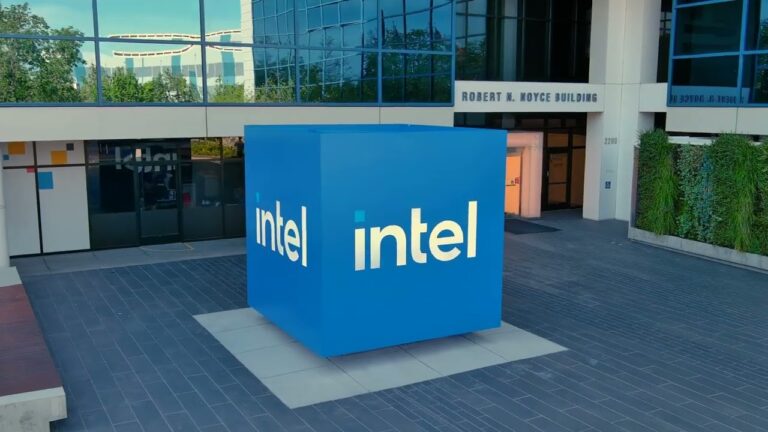The debate on how to regulate artificial intelligence, or better yet, if there is a need for regulation in the first place has found Los Angeles usefulness. Silicon Valley is sharply divided over a proposed state law that would greatly change the course of the industry. This is a sentiment echoed by the biggest players in the business such as Open AI, Meta and many more who have raised concerns that such legal policies would impede invention and advancement in the world of Artificial Intelligence development.
The recent bill, the Safe and Secure Innovation for Frontier Artificial Intelligence Systems Act, also known as California’s AB 2273, which state senator Scott Wiener has diligently penned seeks to protect non-governmental body from engaging in developing depression inducing weapons. Brave S.F. Aida’s other Reason, Sabine explains that California’s Prop 209 would improve California’s education system, which is right now embroiled in a fierce controversy.
California’s AI Influence
California draws facts on a dense activity of AI, which accommodates some of the largest companies of influence in America such as Google, Anthropic and Meta. On the other hand, Without a federal law regulating AI, the effects of this legislation could potentially be felt far outside this jurisdiction. In the words of expert, Yoshua Bengio, who has appeared in many newspaper articles on artificial intelligence: “Everybody is looking at us.” According to him, California might provide a template for regulating AI in the future.
The bill articulates in particular the need for safety evaluations when it comes to very large systems developed by AI companies and more so for projects like those costing more than 100 million dollars. These companies would have to mitigate risks that could include the building of dangerous technologies or the deploying of artificially intelligible systems unethically. Also included in this system would be a compulsory ‘kill switch’ on such models that pose a threat to society.
While Wiener and specifically his supporters advance the bill as being critical for offering protection to the public, there is a split in the tech community. In lieu of those supporting it, critics like Stanford AI professor Fei-Fei Li and venture capital firm Andreessen Horowitz believe the bill is likely to stifle innovation among start-ups and open source developers. “The legislation would slow innovation,” espoused Jason Kwon of OpenAI, warning that California’s brains may relocate.




+ There are no comments
Add yours